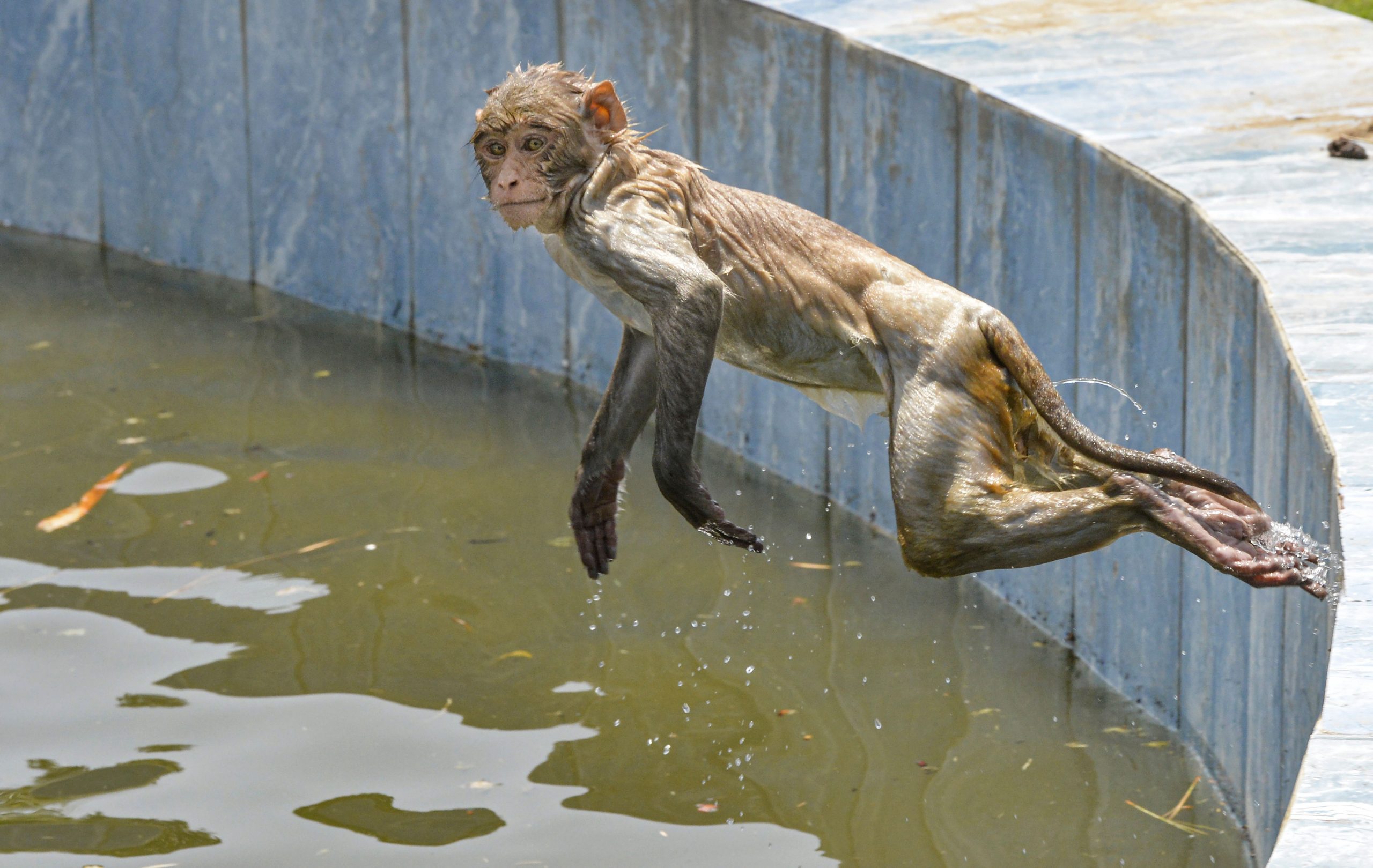With several contagious variants of the novel coronavirus leading a fresh surge of cases in various parts of the world, a new viral infection from China has sent alarm bells ringing in the scientific community. It is the Monkey B Virus that is now seen as the new cause of concern in the world already reeling with the dangerous COVID-19 pandemic.
The first death from this virus was reported in China. The person infected was a Beijing-based veterinary surgeon who dissected two dead monkeys in early March. The vet was taken to several hospitals but eventually died on May 27, China CDC Weekly revealed Saturday.
Also Read: All you need to know about the Monkey B Virus
As usual, social media is now flooded with information around the Monkey B Virus, obviously not all of it can be trusted and health-related data anyway should be consumed with a pinch of salt. The most important question is how does this virus spread and how can it be prevented.
How does Monkey B Virus spread?
According to the Centers for Disease Control and Prevention (CDC), the Monkey B viral infection, which is an extremely rare condition, spreads when a person is bitten or scratched by an infected monkey, especially macaque monkeys. It can also be spread when an individual, comes in contact with the nose, eyes, and mouth of an infected monkey.
In the case of a Chinese vet, he got infected because he performed the dissection.
So far, there have been no reports of human-to-human transmission and contact tracing have returned negative results. The 50 documented cases since 1932 were infected only after being bitten or scratched by a monkey, or when infected tissues from a monkey got under their skin.
Also Read: Monkey B virus: China reports 1st death. Know all about the infection
Can it be prevented?
There is yet no vaccine to prevent or make an individual immune to this infection. The best way to prevent yourself is to avoid contact with monkeys. You should not touch or feed monkeys.
Scientists and vets should also be extremely careful while treating monkeys or performing surgeries, dissections on monkeys, dead or alive.
Note: While it is important to keep yourself safe from such infections and avoid contact with animals who can be carriers of the virus, it must be kept in mind that killing or torturing an animal will not solve the problem. Thus, we should not resort to any practice that can harm monkeys.







